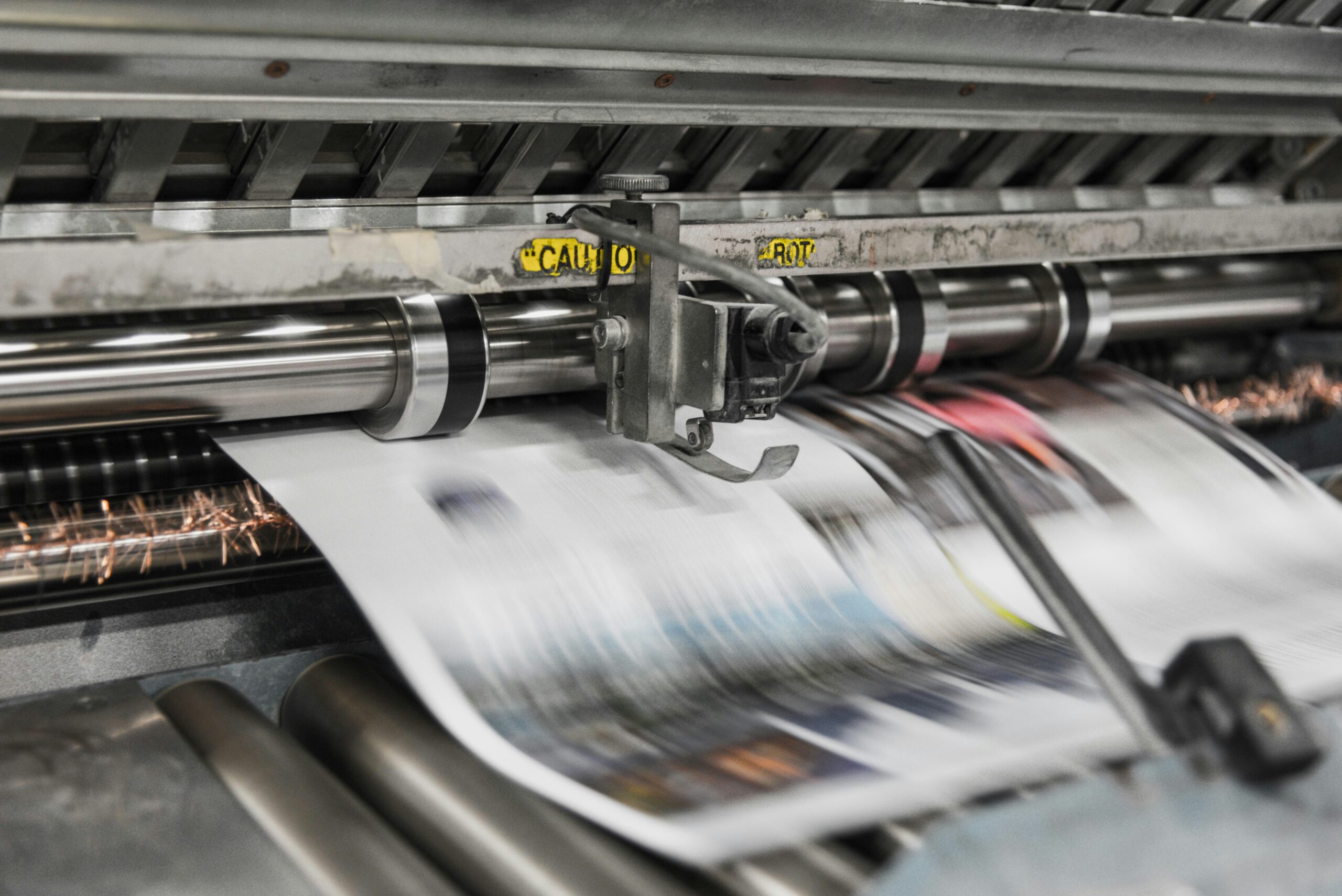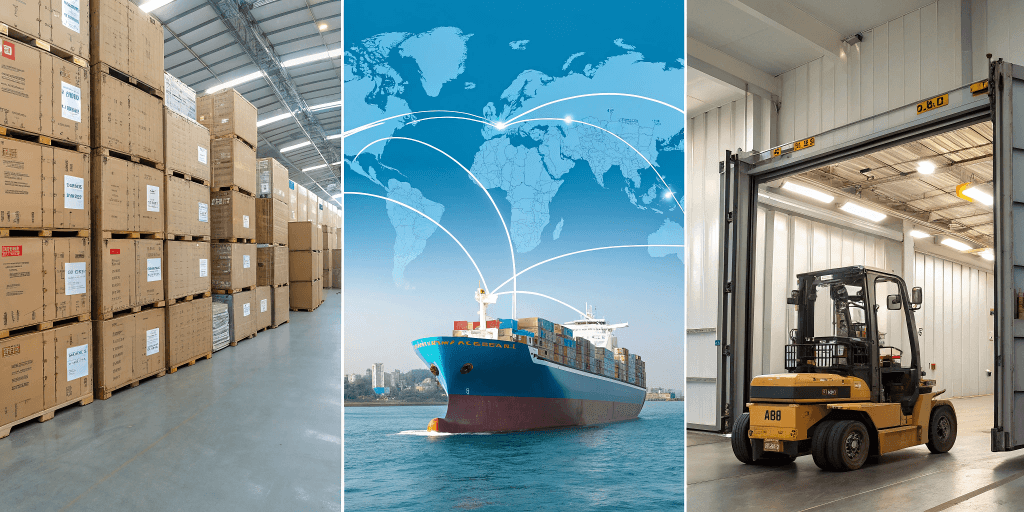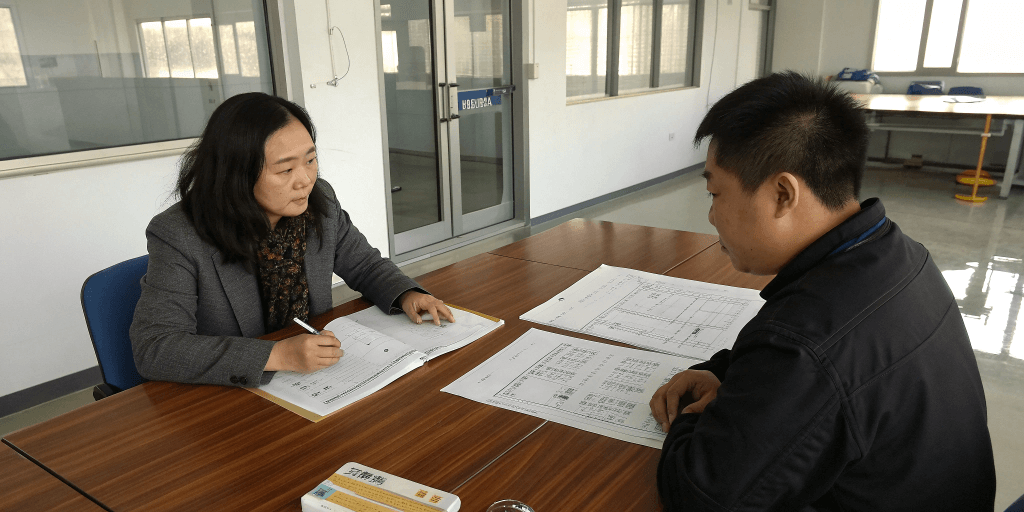
Zibo City, Shandong Province

Have You Any Quires ?

10 PM – 6 PM

Zibo City, Shandong Province

Have You Any Quires ?

10 PM – 6 PM

Have You Any Quires ?

Understanding a sourcing agent criteria for selecting a factory is, in my experience, the most critical step to ensuring your packaging project succeeds. A great design is meaningless if the manufacturing partner cannot execute it flawlessly. This guide pulls back the curtain on the professional vetting process, providing you with the knowledge to have more strategic conversations with your agent. I’ve researched and consolidated the key benchmarks that separate a world-class supplier from a potential liability, ensuring you secure a partner who protects your investment and brand reputation (#footnote-1){#ref-1}.

The absolute first checkpoint is the factory’s ability to produce a high-quality product that meets your exact specifications. My evaluation goes deep into their technical skills and material science knowledge to ensure they are not just assemblers, but true craftspeople.
A factory’s promise is only as good as its operational efficiency. I assess their ability to handle required volumes without compromising quality or missing critical deadlines, which is essential for maintaining your product launch schedule.
The lowest price is often the most expensive mistake. A professional sourcing agent’s criteria must include a total value analysis. I dissect the cost structure to ensure transparency and competitiveness for the required level of quality and service.

A factory without a documented quality system is a gamble. I prioritize partners who have systematic, verifiable approaches to quality, with third-party certifications like ISO 9001 acting as a crucial sign of professionalism.
Getting your product from the factory floor to your warehouse safely and efficiently is a critical part of the process. I evaluate a factory’s logistical capabilities to minimize transit times, reduce shipping costs, and prevent damage.
A long-term partnership requires a stable partner. My due diligence process includes verifying a supplier’s financial health and their reputation within the industry to ensure they are a low-risk, reliable choice for years to come.
This is where my on-the-ground experience becomes invaluable. My established network and deep understanding of the local manufacturing landscape allow me to connect clients with elite factories that are invisible to online searches.
A factory that operates in secrecy is a major red flag. I exclusively partner with suppliers who embrace transparency and view the relationship as a collaborative partnership focused on mutual success.
Before any recommendation, I verify that the factory is a legitimate, fully licensed, and legally compliant business. This fundamental check is crucial for mitigating the risk of scams or engaging with non-compliant operators.
In today’s market, brand values matter more than ever. A key part of my final selection involves ensuring the factory’s practices align with my client’s commitment to environmental and social responsibility.

| Vetting Category | Key Criteria for a Reliable Factory | Why It Matters to You |
|---|---|---|
| Product & Quality | Quality Control, Customization, ISO 9001 | Ensures your final product is flawless and meets specifications. |
| Operations | Production Capacity, Lead Times, Logistics | Guarantees your orders are delivered on time and handled efficiently. |
| Risk & Finance | Cost Analysis, Financial Stability, Legal Status | Protects your investment and ensures a low-risk, stable partnership. |
| Partnership | Transparency, Communication, CSR Alignment | Builds a strong, collaborative, and ethical long-term relationship. |
To get the most out of your sourcing agent, you should engage them in a strategic dialogue. Use the sourcing agent’s criteria I’ve outlined above as a checklist for your conversations. A professional agent will welcome your informed questions and will be able to provide detailed audit reports, certifications, and clear reasoning for their factory recommendations. Remember, the best agents act as an extension of your own team, using their expertise to protect your interests and secure a supply chain that gives you a competitive edge.
Demystifying your sourcing agent’s criteria is the key to building a resilient and successful packaging supply chain. A great agent performs a deep, multi-faceted due diligence that balances quality, operational efficiency, financial risk, and ethical values. By ensuring your agent prioritizes these ten benchmarks, you empower yourself to forge a strong partnership with a factory that will not only produce your packaging but also contribute to your brand’s growth and success.
What makes a Chinese packaging factory ""good"" besides just the price?
Beyond price, a ""good"" factory excels in four key areas: 1. Quality: Consistent production with low defect rates and expertise in your required materials. 2. Reliability: A proven track record of meeting production deadlines. 3. Communication: Clear, responsive communication and a collaborative, problem-solving attitude. 4. Compliance: Adherence to international quality standards (like ISO 9001) and ethical labor practices.
What specific audits or checks do you perform before recommending a factory?
Before I recommend a factory, my team and I perform a multi-point audit that includes verifying their business and export licenses, checking the authenticity of their quality certifications (like ISO), assessing their production line for capacity and technology, and reviewing their in-house quality control processes. We also evaluate past work and, if possible, speak with current clients to gauge their reputation for reliability.
How do you match my project’s complexity with the right factory’s capabilities?
I match complexity by categorizing both the project and the factory. For a project, I assess material requirements, structural complexity, printing techniques, and required volume. For a factory, I maintain a database of their core competencies—whether they specialize in luxury rigid boxes, high-volume corrugated shippers, or eco-friendly materials. A successful match happens when the factory’s proven specialization aligns perfectly with the project’s demands.
Can I see the factory audit report before I place my order?
Absolutely. As your agent, my role is to provide full transparency. I believe you have every right to see the audit report, which includes photos, verified documents, and my team’s assessment of the factory’s strengths and weaknesses. Reviewing this report together ensures you are completely comfortable and confident in the partner we’ve selected before you commit to an order.
1. Learn how brand reputation affects consumer trust and overall business value. ↩︎
2. A visual guide to various print finishes that can enhance custom packaging design. ↩︎
3. An explanation of defect rate as a key performance indicator in quality control. ↩︎
4. Understand the workflow and importance of an efficient order processing system. ↩︎
5. Official information on the ISO 9001 standard for Quality Management Systems (QMS). ↩︎
6. Discover the role and responsibilities of a freight forwarder in global logistics. ↩︎
7. A guide to the business culture, customs, and etiquette in China. ↩︎
8. Learn about different types of factory audits for ensuring quality and compliance. ↩︎
9. Explore the universal standards for human rights and ethical labor practices. ↩︎
10. Learn about the mission of the Forest Stewardship Council for sustainable forestry. ↩︎
You can leave any questions. We will see and answer you.